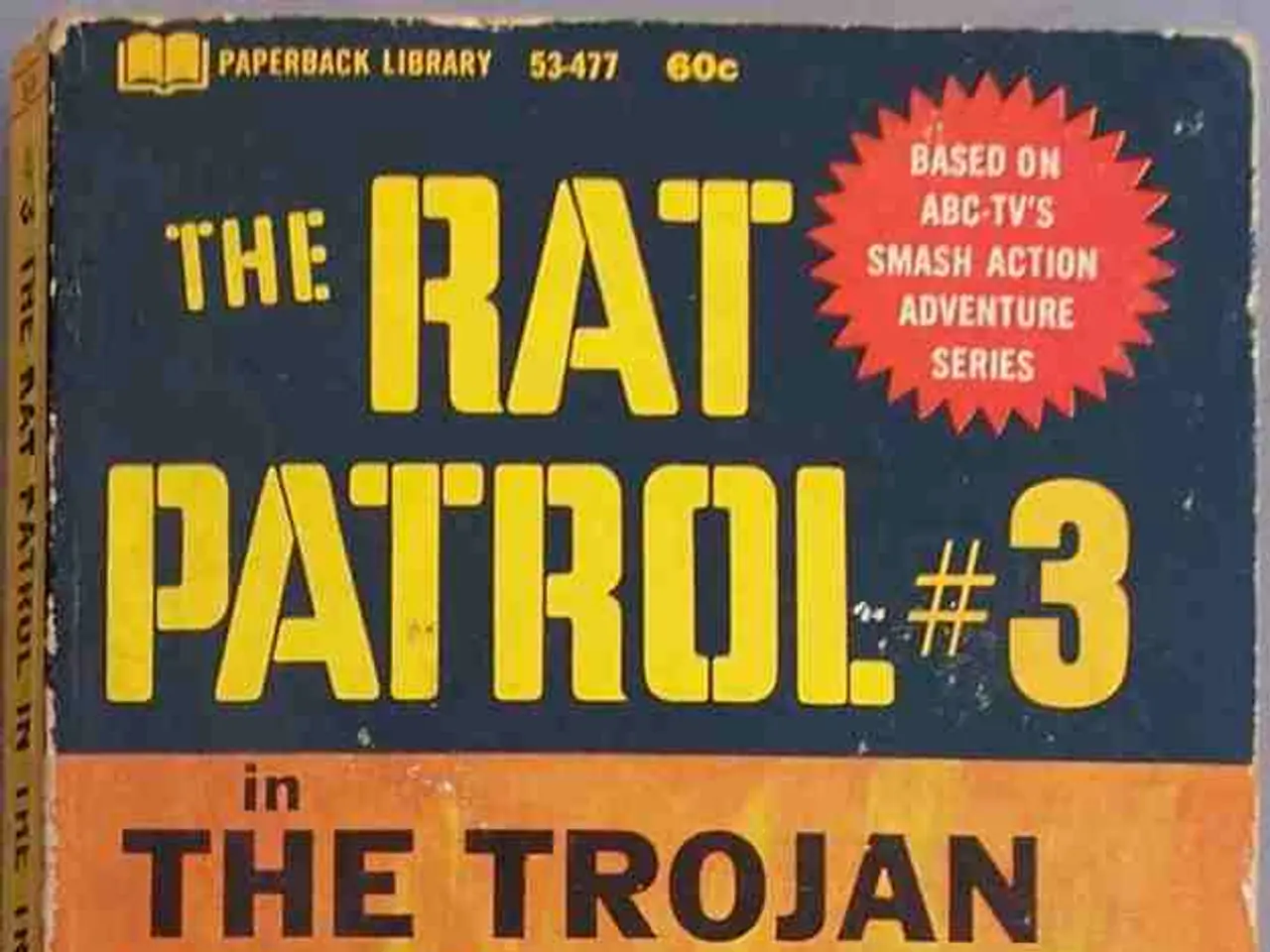In the Heart of the Conundrum: Israel's Strike on Iran's Nuclear Sites
Is Iran's recent attack a justified response or an unacceptable act of aggression?
The global community stands on the edge, peering into the volatile Middle East, as the escalating standoff between Israel and Iran nears a boiling point. Two WochenMOPO colleagues weigh in, exploring the various facets of Israel's strike on Iran's nuclear facilities. Is the attack justified, or does it exacerbate the conflict?
Mathis Neuburger: The Attack is Vital!
In the face of persistent questions about rocket attacks, targeted killings, and potential civilian casualties, we must first address one fundamental question: are we willing to confront the prospect of a nuclear-armed Iran? Can we, as collective humanity, concede to this potential darkness looming over us?
A regime that openly threatens to annihilate Israel, exports its murderous ideology globally, and continues to fire rockets at Israel through proxies in Gaza, Lebanon, and Yemen for years. A regime that, in alliance with North Korea, unceasingly develops and perfects the capability to hurl devastating warheads at supersonic speeds towards Tel Aviv and Haifa.
A Death Sentence that Must Not be Served
A regime such as this must never bear the ultimate weapon. From an Israeli perspective, the answer to that question need not be pondered; it arises in response to an instinctive, primal fear.
Should we reach this understanding, the time has come to create facts: Hamas is crumbling, Hezbollah is crippled, Iran's ally Russia is weakened. While it would be heartening to see the entire brutal, murderous, oppressive regime toppled, that remains in the hands of the Iranian people. Israel must only aim its strikes at strategic and military targets, a goal it has largely achieved - in stark contrast to Iran itself.
WochenMOPO - Your Every Friday Read! This week, we delve into the disturbed mind of a pedophile, the implosion of a medical entrepreneur, and the chaos surrounding mega-projects in the city center. Plus, we'll take you on an odyssey to secure a coveted study spot, and let you enjoy a large puzzle supplement, 20 pages of sports updates, and a deeper dive into the vibrant culture of Plan7.
And yes, Friedrich Merz, you are right. Israel conducts unsavory chores on our behalf, for our collective security is at stake. After all, Iran's rockets could one day reach European metropolises, making us all potential targets. Russia has just demonstrated how easily we can be caught off guard by a nuclear strike.
The Apocalyptic Timeframe: Weeks, Not Years
Those who argue that Iran’s leaders would lack the suicidal audacity to usher in their own annihilation by instigating a devastating attack on Israel overlook the example of Hamas leaders or Hezbollah zealots, figures who placed hatred of Israel above the lives of their own people.
The Israelis have been cautioning about the prospect of an Iranian nuclear bomb for decades. Experts warn that Iran has rapidly amassed an almost nuclear-usable quantity of uranium and that the road to a bomb could span weeks rather than years.
Every past agreement has proven insufficient to prisoner the mullahs. The longer we delay, the more perilous the situation becomes.
The realm of international law is not a fortress that grants Israel the freedom to react to such existential threats; instead, it risks being rendered dysfunctional. Israel cannot afford to wait until Iran has enriched enough uranium, assembled it into bombs, and prepared for launch. At that point, it would be too late. Both the 1981 bombing of Saddam Hussein's nuclear program and the 2007 strike on Assad’s, although violations of international law, were necessary.
If the Mullahs were prudent, they would abandon their nuclear weapons program at once and strive to salvage their regime. If not, their intentions are clear: they must never achieve their goal.
Geli Tangermann: The Attack is Misguided!
Of course, removing the abhorrent Mullah regime in Tehran from power must occur as swiftly as possible. A regime that violates human rights, tortures, persecutes, murders, and aspires to construct a nuclear bomb constitutes an existential threat not just to Israel but to the world. Prime Minister Netanyahu's plans to overthrow the Mullahs and their nuclear program seem plausible, given the regime’s repeated threats to eliminate Israel. However, simplicity is elusive in this intricate conflict.
The effectiveness of an external bombardment aimed at dismantling Iran's nuclear program is highly debatable. Experts like former Israeli Prime Minister Ehud Barak argue vehemently: it is an impossible task.
The Mission is Impossible: Experts Agree
The bunkers in Fordo, where the heart of the nuclear program is suspected to be, are rumored to be buried deep underground, perhaps beyond reach even for American bunker-busting bombs. Furthermore, there are whispers that the highly enriched uranium has been moved to other hidden facilities.
If the operation fails, the leaders of the rogue state of Iran will likely escalate their nuclear ambitions, spreading terror throughout the world. Negotiations for diplomatic solutions would then become inaccessible.
An Unquenchable Wildfire in the Middle East
A war in the Middle East would spark if the USA were to intervene. Iran has already threatened to retaliate against American bases in the region.
The downfall of the Mullah leaders is also a cause for skepticism due to its uncertain aftermath. Middle East specialists are faint of heart to imagine a resplendent new world post-terror regime. Even if the leaders around Khamenei are eliminated, there remains a significant chance that the next extremists will take their place. The installation of a transitional government from the outside seems unfeasible. Israel would be forced to dispatch ground troops, but there is no discussion of that. Strategy remains elusive, mirroring the quagmire of the Gaza war.
Humanitarian Catastrophe for Civilians
Ultimately, a protracted conflict with no respite is likely, stretching on for months and causing devastating consequences for the civilian populations in Iran and Israel. The people in Iran have few escape routes, no shelters, and no warning systems, while Israel's air raid sirens provide some measure of protection. Netanyahu's bombers leave a trail of destruction in Gaza that reflects the fate those in Iran may face.
"Sleepless nights, panic everywhere, bomb noises" lament Minu Barati, a German-Iranian film producer, describing the plight of her family to "Die Zeit". Many people are already fleeing.
As a consequence, diplomacy remains the only viable path forward. This war promises a litany of losers.
In the global debate surrounding Israel's strike on Iran's nuclear facilities, some argue that it is a necessary measure to prevent a nuclear-armed Iran and the potential threat it poses to the world, while others contend that political strategies should navigation theAppendix A diplomatic route to dismantle Iran's nuclear program.
In the realm of international politics, discussions about war-and-conflicts often revolve around the delicate balance between national security and diplomacy, as well as the General News that unfolds in the global arena. The current crisis between Israel and Iran serves as a testament to this ongoing struggle.






